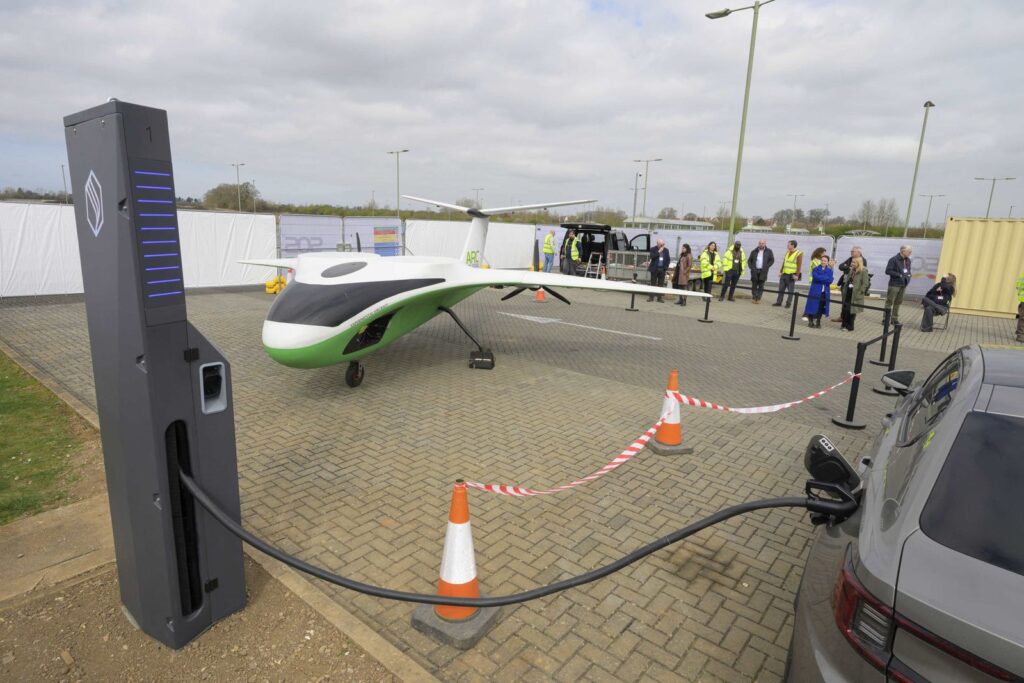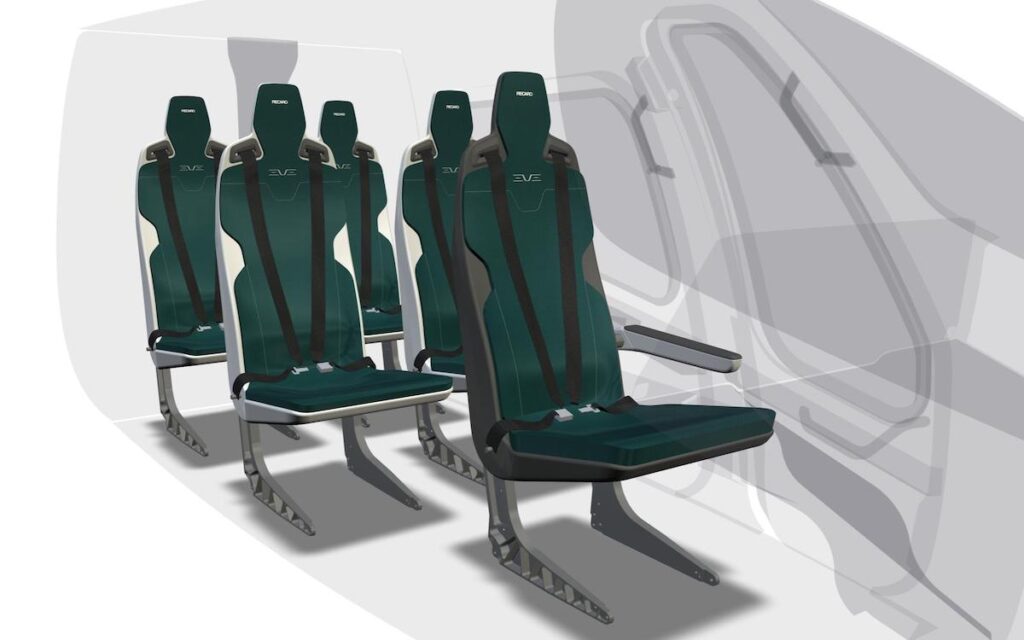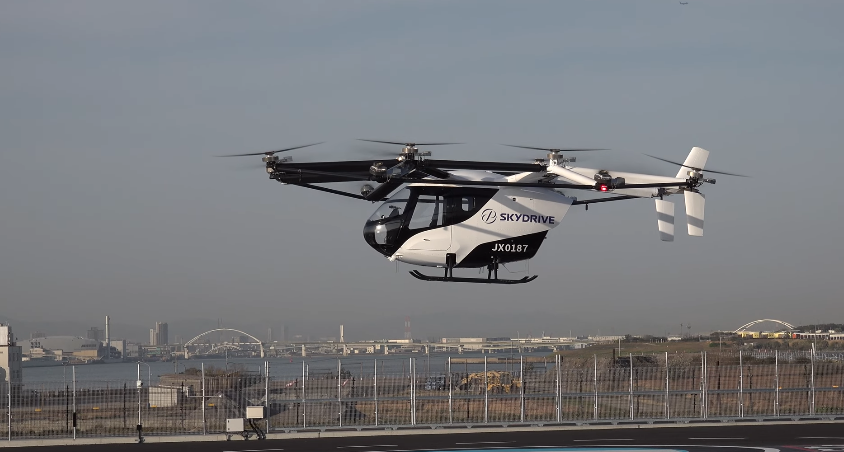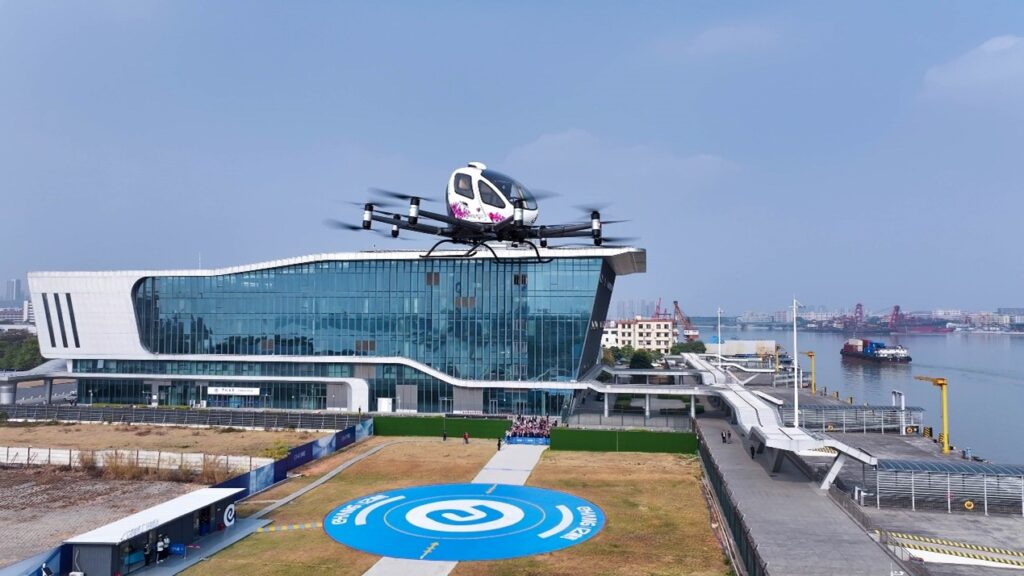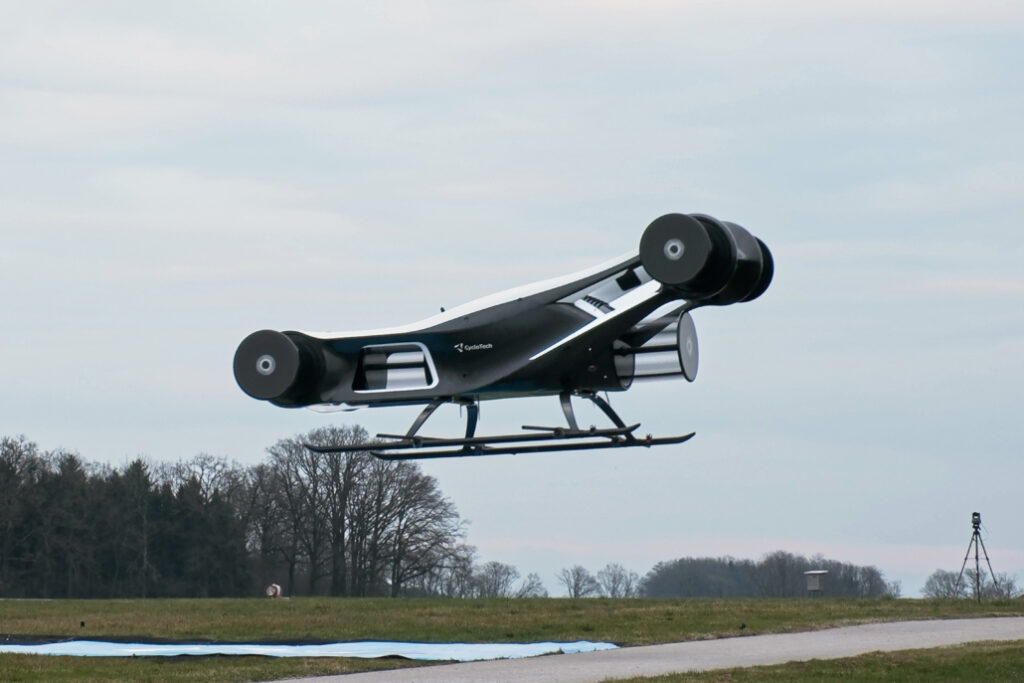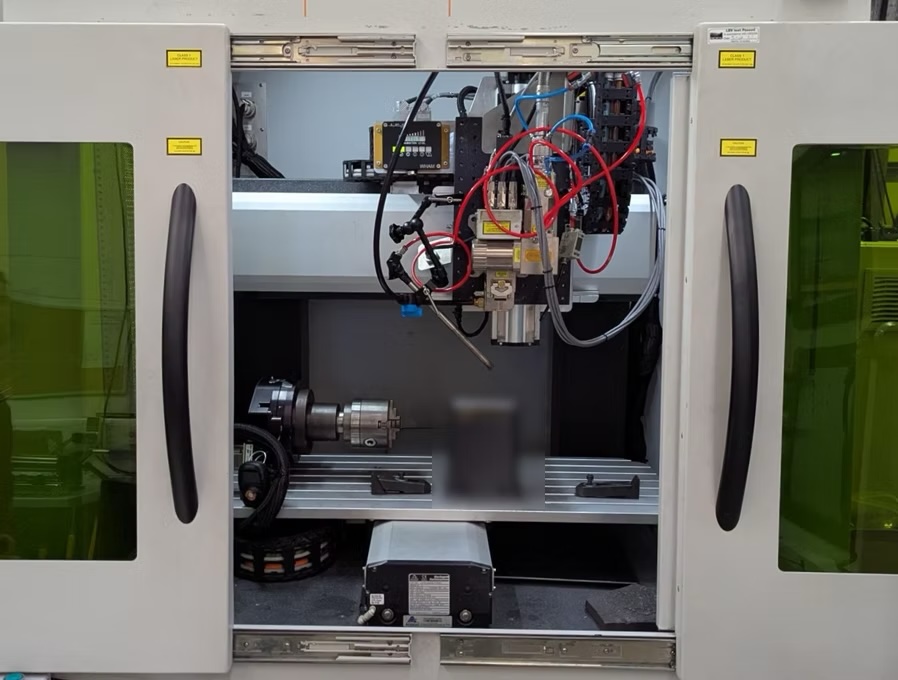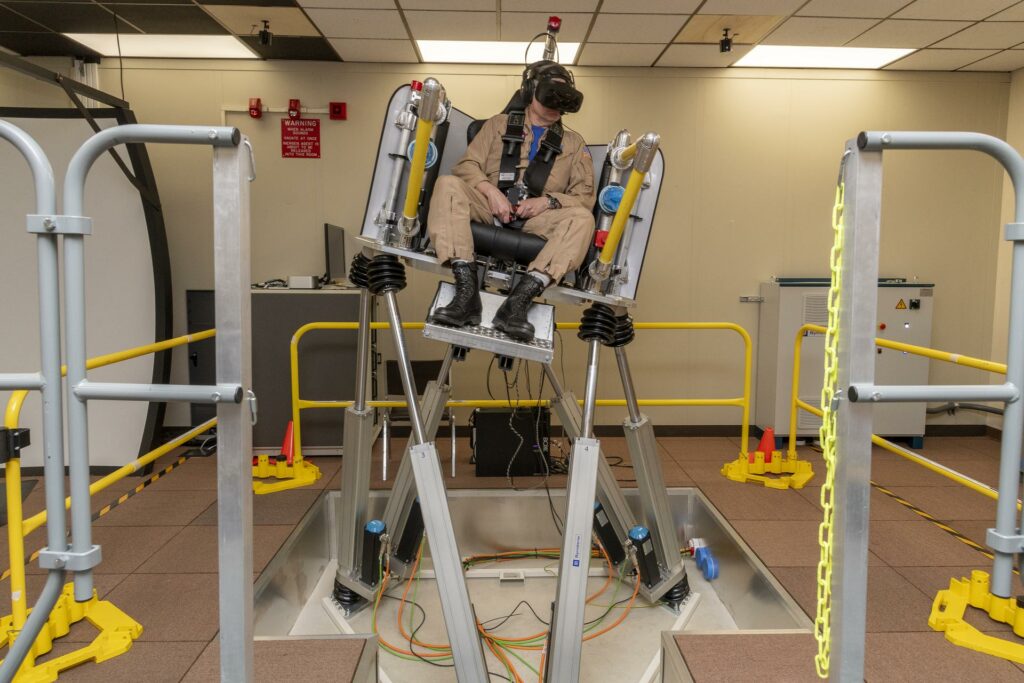
A new customer virtual reality (VR) flight simulator has been built by NASA researchers to study air taxi passenger comfort.
Wayne Ringelberg, a test pilot at NASA’s Armstrong Flight Research Center in Edwards, California, recently completed a series of test rides in the new simulator to help the team make adjustments before other users are involved for the first research study later this year.
Ringelberg was secured into the seat on top of the simulator’s platform, wearing a virtual reality headset and headphones. His simulated air taxi ride started with a takeoff from a conceptual vertiport on top of a parking garage in downtown San Francisco, California, constructed by NASA engineers in the virtual world.
As the programmed ride took him through downtown San Francisco and landed at another vertiport on top of a skyscraper, Ringelberg evaluated the realism and consistency of the simulation’s visual, motion, and audio cues. He then provided feedback to the research team.
“This project is leveraging our research and test pilot aircrew with vertical lift experience to validate the safety and accuracy of the lab in preparation for test subject evaluations,” said Ringelberg. “The experiments in the ride quality lab will inform the advanced air mobility community about the acceptability of the motions these aircraft could make, so the general public is more likely to adopt the new technology.”
With pilot checkouts complete, NASA researchers will conduct a series of human subject research studies over the next four years. The goal is to gather information that will help the industry better understand what makes flying in an air taxi comfortable and enjoyable for customers.
This simulator is the centerpiece of NASA Armstrong’s virtual reality passenger ride quality laboratory. The laboratory combines virtual reality visuals, physical motion cues, and spatialized rotor sounds to create an immersive air taxi passenger experience.
The work is managed by the Revolutionary Vertical Lift Technology project under NASA’s Advanced Air Vehicles Program in support of NASA’s Advanced Air Mobility mission, which seeks to deliver data to guide the industry’s development of electric air taxis and drones.





